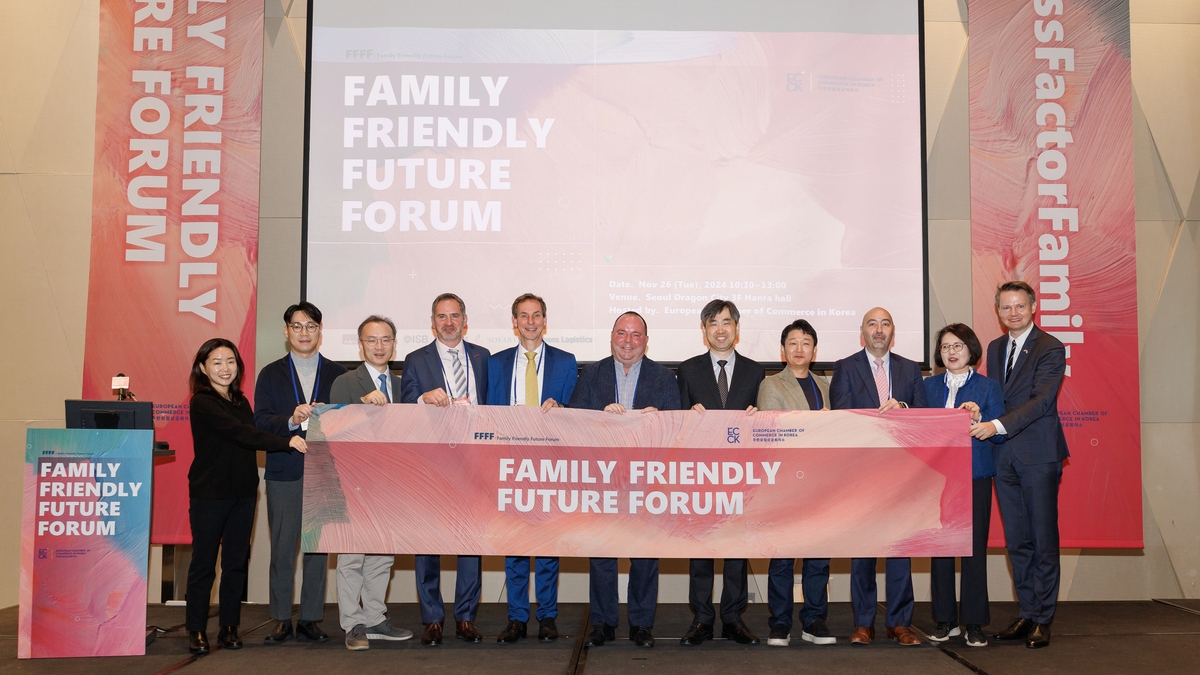Youth Review丨Snow clearing is linked to scholarships? Labor education must clarify responsibilities
2024-11-27 Current Comments
Youth Daily·Youth Shanghai commentator Zhang Yilin
Recently, rain and snow have swept across northern China, and snow has appeared in many places. Many northern college students have begun to actively clear snow on campus, and a news linking scholarships to snow clearing has aroused heated discussion. Students who are absent from snow clearing for many times will be disqualified from the scholarship selection. Is this reasonable?
A second-year graduate student at the School of Chemistry at Liaoning University recently disclosed the details of the school’s scholarship selection online. It clearly states that students who are absent from snow clearing in winter for more than 30% of the time will be disqualified from academic scholarship evaluation. The student believes that the school’s linking snow clearing with scholarships is equivalent to putting pressure on students in disguise. He also said that many classmates around him are dissatisfied with this rule.
In this regard, some netizens support the college’s decision and believe that scholarships are inherently reward mechanisms and there is nothing wrong with being linked to collective labor. Some netizens also feel that today’s students lack labor skills, as the saying goes, “If you don’t clean one house, you can sweep the world.” In this regard, a staff member of the college said that snow clearing is a labor ability that graduate students should have. “It is inappropriate not to complete the labor education that a graduate student should have.” After another staff member confirmed that this was indeed the case, he firmly said “no explanation”.
In fact, in the detailed rules, there are two clauses that disqualify scholarships: “failure to pass the dormitory hygiene inspection of schools and colleges” and “being investigated for using illegal electrical appliances in the dormitory.” The students had no objections to these two articles, but were dissatisfied with the “snow clearing clause”. The reason is that this is not “everyone clears the snow in front of his own door”, but is a public labor, and maintaining the cleanliness of the school’s public areas is originally It’s the school’s responsibility. To include the “snow clearing clause” in the scholarship selection mechanism, the respective rights and responsibilities of the school and students need to be clarified and fully explained. If it is just a sentence of labor education, it will only cause educational confusion.
If snow clearing is just a voluntary activity, it should be voluntary and public welfare. Of course, an incentive mechanism can also be established, such as saving the cost of outsourcing to a cleaning company and rewarding students who actively participate in volunteer snow clearing. Rather than simply being linked to scholarships, it becomes a means of coercion and violates the original intention of voluntariness.
If snow sweeping is also classified as labor education, then the norms of labor education need to be followed. Snow sweeping is different from cleaning dormitories and classrooms. In addition to clearing snow, you also need to break and shovel ice. This requires more labor skills and safety awareness, and also consumes time and energy. Whether the school prepares appropriate tools for students, provides professional guidance, and ensures safety are all very important. It is not appropriate to simply divide the package into blocks and give it to students in each class.
Labor education also needs to clarify its responsibilities and protect the rights and interests of students. Many years ago, the so-called labor skills classes in some primary and secondary schools were, to put it bluntly, they organized students to dismantle waste gauze for the school’s factories. Not only did such labor education fail to enhance children’s labor skills, but it was also suspected of being an abuse of labor. When clearing snow on campus, it is also necessary to clarify the respective responsibilities and obligations of the school and students. Especially when it comes to the labor roles of students, we should be more cautious and make the rules more detailed to eliminate the doubts of some students.
The most important thing is that labor education starts from “labor” and lies in “education”, and it is necessary to avoid the phenomenon of “replacing education with labor”. It is not only simple labor training, but also should improve students’ labor skill level, stimulate labor enthusiasm, and enhance value orientation through labor. In the process of promoting labor education, it is necessary to reasonably arrange the relationship between labor education and subject learning, use incentives and compulsory measures well, and not let labor education become a “labor burden” and active participation become forced participation, so that even if Allowing students to participate in labor deviates from the original intention of education.
Snow clearing could have been a very unique form of labor education, unique to the North. It not only exercises the body and will, strengthens team spirit, but also adds to the campus sentiment. Many northerners miss the experience of clearing snow on campus many years later. But if they are forced to clear snow due to certain mechanisms, is this memory still worth recalling? Whether scholarships can be linked to snow clearing is an issue that can be discussed, but the premise is to listen to students’ opinions, protect students’ rights, and stimulate students’ motivation, rather than just “no explanation” to solve the problem.
Youth Daily·Youth Shanghai commentator Zhang Yilin
Editor: Zhou Xiao Lu Tianyi
Source: Youth Shanghai News—24-hour Youth Daily


